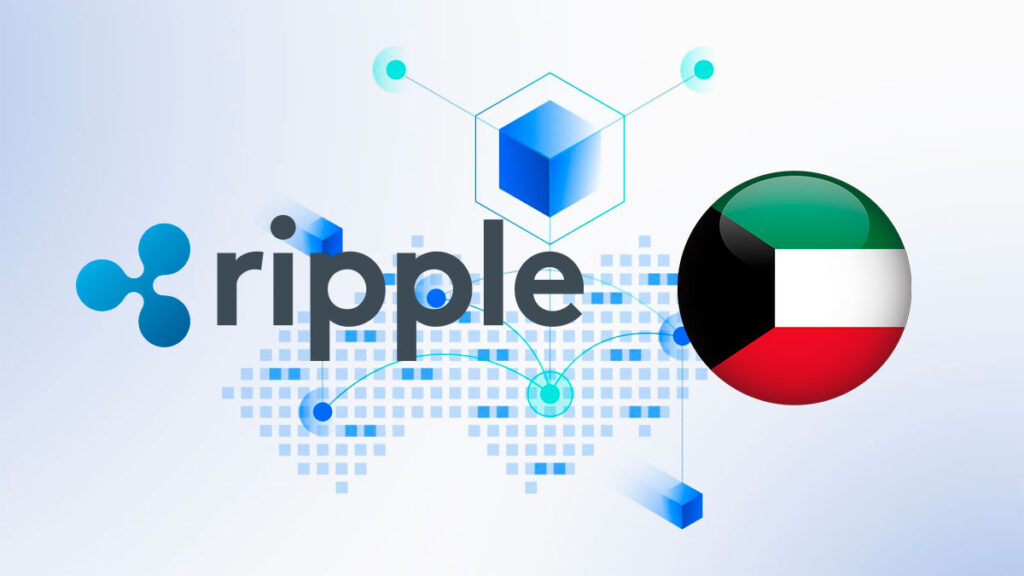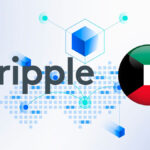In a significant leap forward for both the blockchain industry and Ripple’s global ambitions, Ripple has announced that it has received in-principle approval from the Dubai Financial Services Authority (DFSA). This development marks a pivotal moment for Ripple as it seeks to expand its presence in the Middle East, a region rapidly embracing blockchain and digital financial services.
What Is In-Principle Approval and Why Does It Matter?
An “in-principle” approval means that Ripple has met the necessary initial regulatory requirements but may still need to fulfill certain conditions before full approval is granted. In simple terms, Ripple is now one step closer to being officially licensed and recognized to operate in Dubai under the DFSA’s regulatory framework.
The DFSA, known for overseeing financial services in the Dubai International Financial Centre (DIFC), is highly regarded for its stringent regulatory standards. Gaining such approval signals that Ripple’s operations and solutions meet the high standards required for regulated entities in Dubai, paving the way for further market expansion.
This is particularly important in the crypto industry, where regulation and compliance are becoming more central to gaining investor and institutional trust. For Ripple, which offers cross-border payment solutions, regulatory approval in a key financial hub like Dubai adds a strong layer of legitimacy.
Ripple’s Growing Influence in the Middle East
Ripple has long recognized the potential of the Middle East as a critical region for blockchain adoption, especially with Dubai positioning itself as a forward-thinking leader in blockchain innovation. In recent years, Dubai has taken significant steps to attract fintech and blockchain companies, providing a favorable regulatory environment for businesses looking to expand into the region.
Ripple’s technology, particularly its On-Demand Liquidity (ODL) solution, has been attracting interest in regions with high remittance flows. The Middle East, being a hub for expats and migrant workers, handles a significant volume of remittances. By integrating Ripple’s ODL, financial institutions in Dubai and the broader Middle East could potentially streamline these cross-border payments, making them faster and more cost-effective.
What Does This Mean for Kenyan Crypto Enthusiasts and Businesses?
This move by Ripple will have ripple effects globally, including in Africa and Kenya. Dubai’s recognition of Ripple’s technology can lead to increased trust and credibility in Ripple’s solutions among Kenyan businesses and financial institutions. This is especially relevant for Kenyan businesses engaged in international trade or remittances, where Ripple’s technology could streamline and reduce the cost of transactions.
Additionally, this news signals a broader trend of increasing regulatory acceptance of cryptocurrencies and blockchain technology. As more jurisdictions, especially key financial hubs like Dubai, begin to approve and regulate crypto-related services, it opens doors for African countries to follow suit. Kenya, which is witnessing growing crypto adoption, can take a cue from these global regulatory movements to structure its own frameworks, fostering growth while protecting consumers.
For Kenyan crypto traders and enthusiasts, the expansion of companies like Ripple into major financial hubs enhances the legitimacy of blockchain as a transformative technology. It’s also a reminder that the future of financial technology is global, and staying informed on developments from regions like Dubai can provide opportunities for participation in emerging crypto economies.
The Bigger Picture: Ripple’s Strategy and Global Expansion
This approval is just one of many steps Ripple is taking to solidify its global presence. Despite facing regulatory challenges in the United States, Ripple has continued to expand its footprint across regions with more favorable regulatory landscapes. The Middle East, with Dubai at its core, is emerging as a crucial part of Ripple’s international growth strategy.
As the global financial landscape evolves, Ripple’s cross-border payment solutions remain a cornerstone of the company’s efforts to revolutionize how money moves around the world. With Dubai’s backing, Ripple can now bring its innovative solutions to a wider audience, particularly in emerging markets that benefit most from efficient and affordable cross-border payments.
Conclusion: A Step Forward for Blockchain Innovation
Ripple’s in-principle approval from the Dubai Financial Services Authority marks a significant achievement, not just for the company but for the broader blockchain industry. It demonstrates that blockchain solutions, when implemented within a clear regulatory framework, can offer tangible benefits to the financial system.
For Kenya, this development is another example of how the global crypto landscape is shifting, with more institutions and countries recognizing the value of blockchain. As Ripple continues to expand into new regions, Kenyan crypto enthusiasts and businesses should keep a close eye on how these advancements can offer new opportunities for growth and innovation within the local market.
ENG WANJIKU
Views: 0




